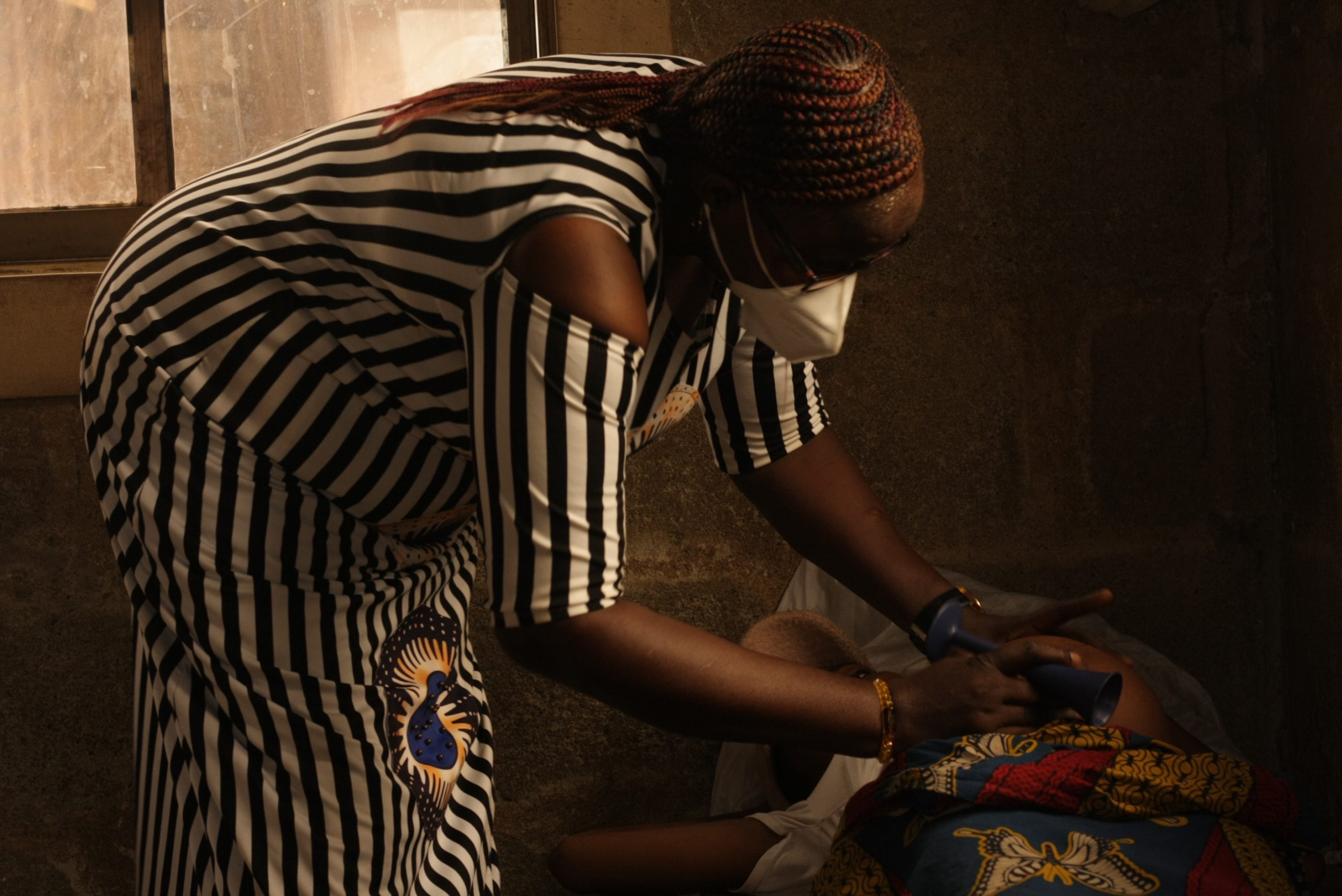
In Nigeria, poor women are 0.8x more likely to die during childbirth from complications and terrible healthcare. But two women – Rebecca Afolayan and Olajumoke Adebayo – are changing the story.
Rebecca Afolayan is the founder of Alabiamo Foundation, a Non-profit Organization that tackles maternal and child mortality. This is done by providing antenatal, in-birth, post-natal care, and health education to poor women in rural communities.
Olajumoke Adebayo is a nurse-midwife and Team Lead Reprolife, who handles beneficiaries’ medical well-being and educates them on proper reproductive and maternal health education.
Speaking with Tracka, Rebecca narrated how Alabiamo Foundation started in 2016 after she encountered the high maternal mortality figures in Nigeria. “I came across the maternal mortality figures and knew something had to be done to change it. I had started visiting communities and doing the work way before then, but Alabiamo Foundation started officially in 2016, and we started visiting slum communities to provide maternal healthcare.”
Alabiamo currently operates in seven communities across Lagos and Ogun states, and these communities have peculiar characteristics.

“The communities we work in are terrible when it comes to road and health infrastructure. But what we specifically look out for is the age range of women of childbearing age in the community, their access to quality healthcare, and if they have the culture of seeking modern healthcare.” Olajumoke said.
The team visits these communities monthly and provides antenatal, post-natal care, immunization, health education, and contraceptives to women. However, during COVID, their work was stalled, and the consequences of their lack of intervention became glaring.
“During COVID, we lost two babies because their mothers couldn’t access healthcare. The first woman went to a health centre, and they turned her back, saying they were only attending to COVID patients. The second one, there was no health centre close by at all, and this was something that could have been treated with simple medications.” said Rebecca.
If there were functioning healthcare centres, this would have been easily avoided, and there are many cases like this.
Women like Rebecca and Jumoke are doing an excellent job of providing local solutions to national issues. Still, there is a limit to their power and reach. The government needs to step in to do their bit and plug the gaping hole.
“A lot of health centres in these communities are nothing to write home about. For instance, In Wawa community, Ifo LGA, the PHC is so terrible that some women give birth on the floor. This makes our work harder, and there’s only so much we can do because of limited access to resources.”

Tracka visited this community and confirmed the terrible state of the PHC and will follow up with the responsible agencies to ensure this health centre is restored to a good condition.
Olajumoke also discussed the prevalence of teenage pregnancies in these communities and how they are mostly powerless to prevent it. “There was a day we visited a community, and of the 15 pregnant women we attended to, 9 of them were under 19 years. It was very heartbreaking.”
Research has shown that teenage girls aged 15–19 years are twice more likely to die during pregnancy and childbirth than women in their twenties.
“So when we come across situations like that, we have to put in extra work because of the peculiarity of the situation,” said Olajumoke told Tracka.
There is an alternative solution of contraceptives, but Rebecca noted that the communities are not welcome to it because of religious and cultural sentiments. Hence, they only recommend contraceptives to women secretly and operate on a referral basis.

Alabiamo is also focused on helping young girls who have had teenage pregnancies get their lives back through post-natal, financial, and moral support. A beneficiary, Bose, got pregnant at 19 and was automatically married off to the father of her child.
“After Bose had her first child, she told us she wanted to hold off on getting pregnant again and find a source of living. We assisted her in learning baking, and now she has started selling cakes and making good income off it.” Rebecca narrated.
The foundation funds itself through individual donations; they organize weekly fundraisers on social media to support their monthly visits to host communities.
Alabiamo utilizes collaborations with PHCs, mental health organizations, and host communities. They partner with PHCs by assisting with the babies’ immunization and encourage community mobilization and responsibility in their focus communities.
An example is the Sogunro community in Iwaya, Lagos, where the residents are about to provide a building for the health centre that will be managed by the foundation. The community will also donate funds to support the volunteer health workers that will work there.
Within the past 5years, Alabiamo has catered to over 3,000 women. The current maternal and child mortality statistics are 117 per 1000 births, so approximately 351 deaths were prevented through their intervention.
Rebecca says the work is tasking because of the peculiarity of their focus communities, but the joy of seeing poor women and children receive the quality healthcare they deserve is what fuels them to keep on.
You can find more info on Alabiamo Foundation via:
Instagram: @alabiamofdn
Twitter:@alabiamofdn
Facebook: @alabiamofdn
Website: www.alabiamofoundation.org
Story by Ayomide Ladipo.
#AmplifyingChangemakers is a story series by Tracka that spotlights youth-led, small organizations doing exceptional work in grassroots communities. If this describes your organization and you would like a feature, send a mail containing your profile to [email protected] and we will get back to you!

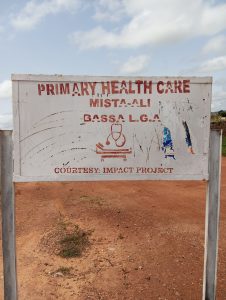
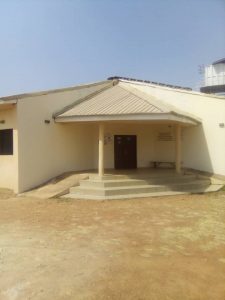
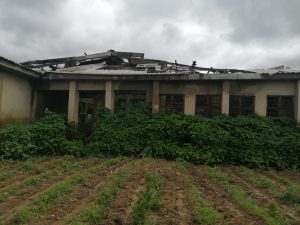
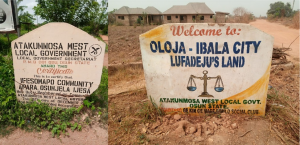
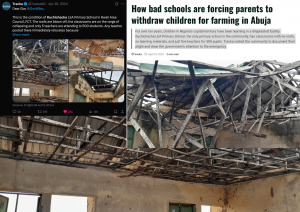
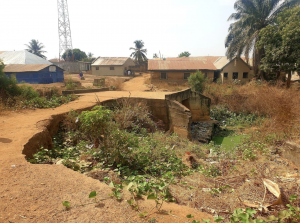
This is amazing
Yes it is!